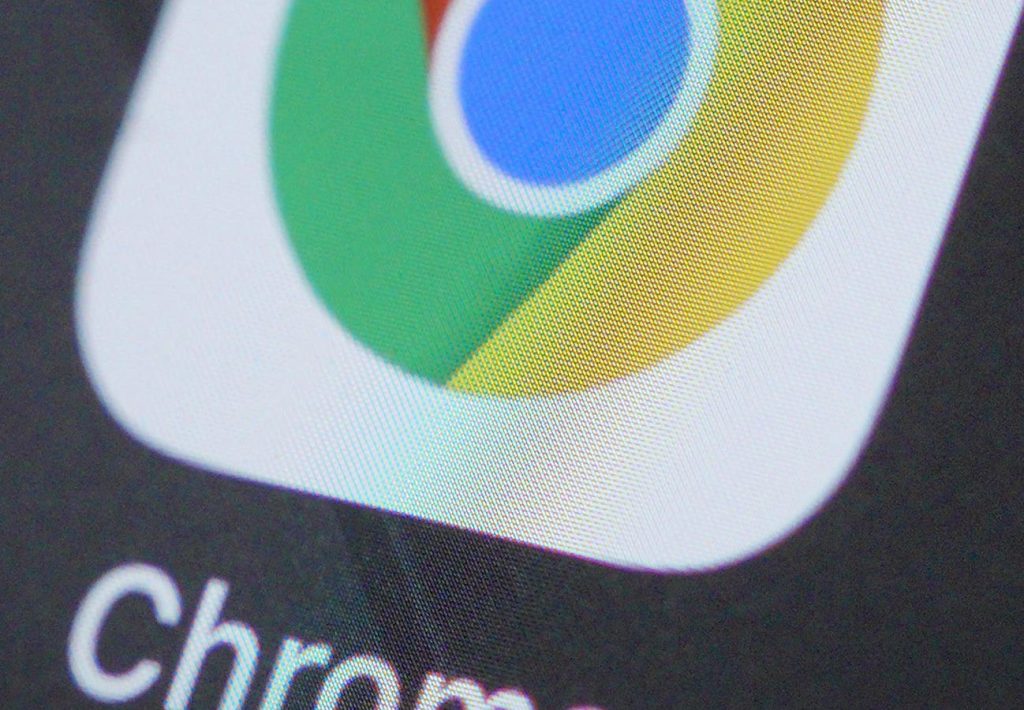Google has issued a critical security update for its Chrome browser, urging Windows users to update as soon as possible. The latest update includes fixes to the graphics engine and memory vulnerabilities that could potentially allow attackers to execute code on target machines. This release, version 124.0.6367.78/.79, aims to address potential threats before they can be exploited.
The fix for the vulnerability to code manipulation has been designated as critical by Google, indicating a credible threat. However, the company has not provided further details about any potential exploitation of these vulnerabilities. Users are strongly encouraged to update their browser to the latest version to protect their data and devices from possible malicious attacks.
In addition to the security update, Google has announced yet another delay in the death of Chrome’s tracking cookies. The move has been pushed back to early 2025 to allow for further consultation with industry stakeholders, regulators, and developers. The decision reflects Google’s struggle to balance user privacy with the needs of advertisers who rely on targeted advertising.
The delay in phasing out tracking cookies comes as Google navigates complex relationships with regulatory authorities, including the UK’s Competition and Markets Authority. The company is working towards a compromise that addresses concerns about user privacy while ensuring the sustainability of its advertising model. As web users demand more privacy, Google faces increasing pressure to align Chrome with privacy-focused alternatives like Apple’s Safari.
Google’s commitment to ongoing engagement with the industry and regulators highlights the challenges of modernizing browser technology in a rapidly evolving digital landscape. The delay in removing tracking cookies underscores the complexities of transitioning to a more privacy-centric model while maintaining a viable advertising ecosystem. The company’s efforts to find a middle ground reflect the shifting dynamics of online advertising and user expectations.
Looking ahead, the impact of artificial intelligence on browsing, searching, and advertising remains a key consideration for the future of web technologies. As the industry grapples with privacy concerns and evolving user preferences, the evolution of Chrome and other browsers will be shaped by ongoing technological advancements and regulatory developments. Ultimately, the fate of tracking cookies and the broader advertising landscape will be influenced by the intersection of innovation, privacy, and consumer protection in the digital age.















